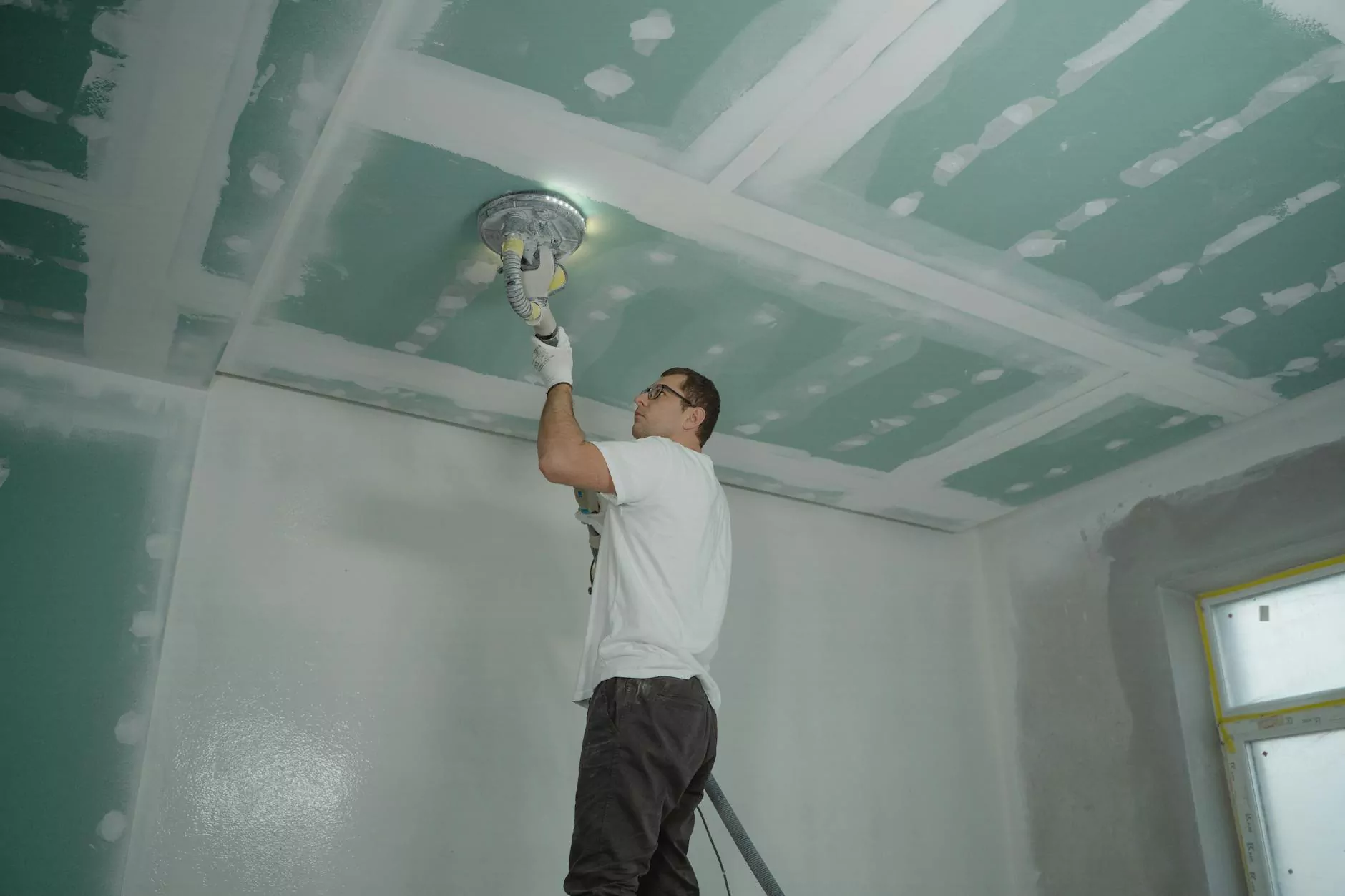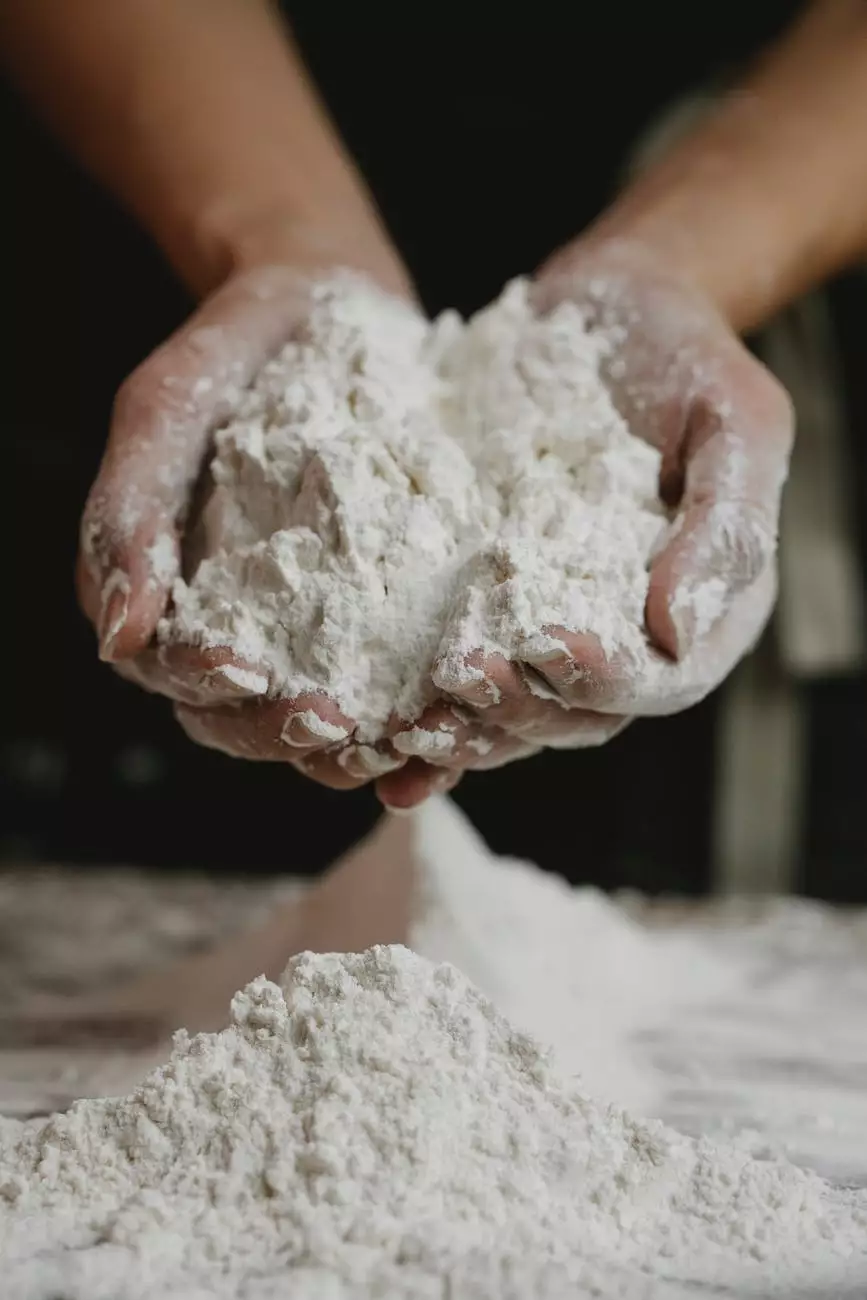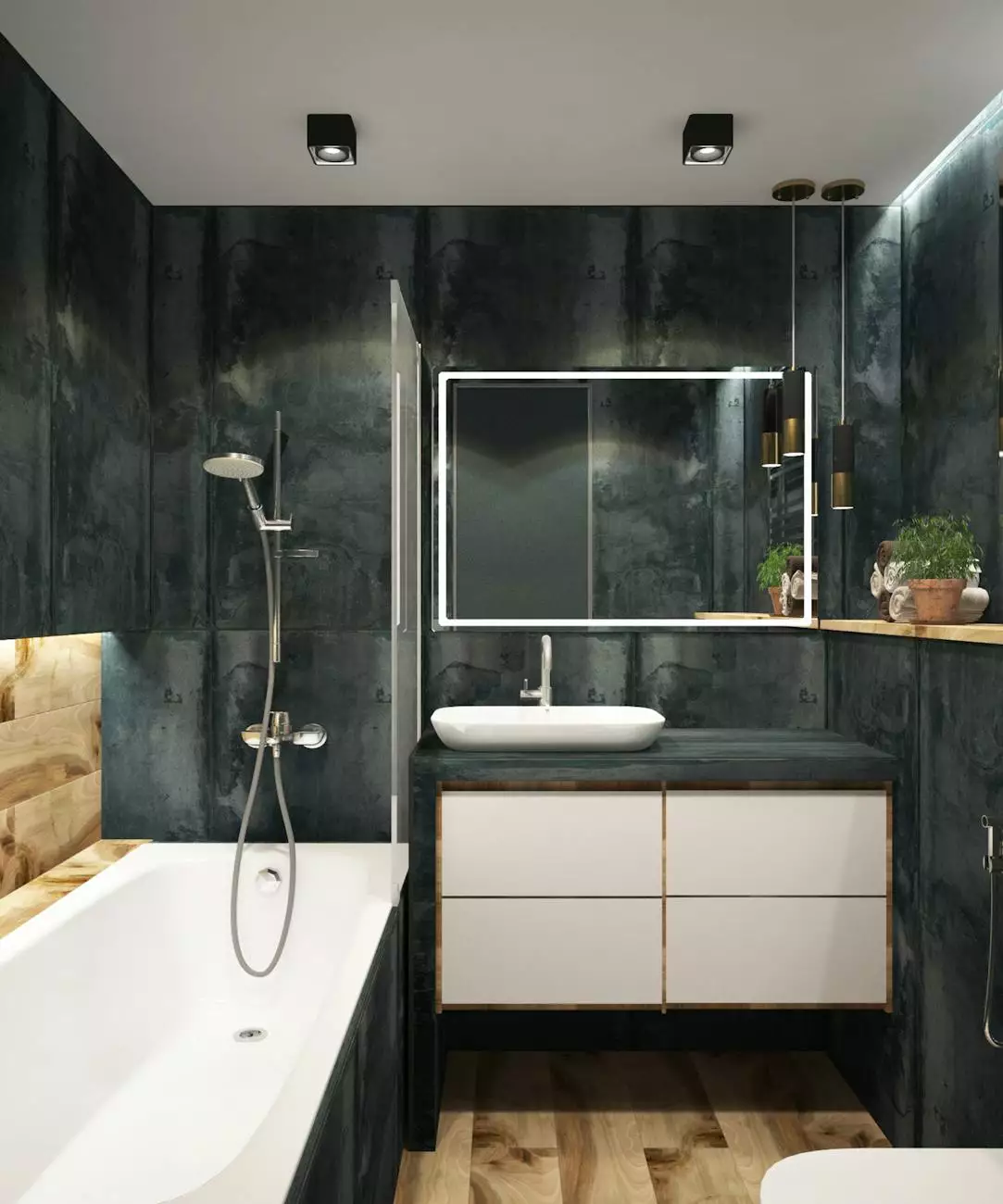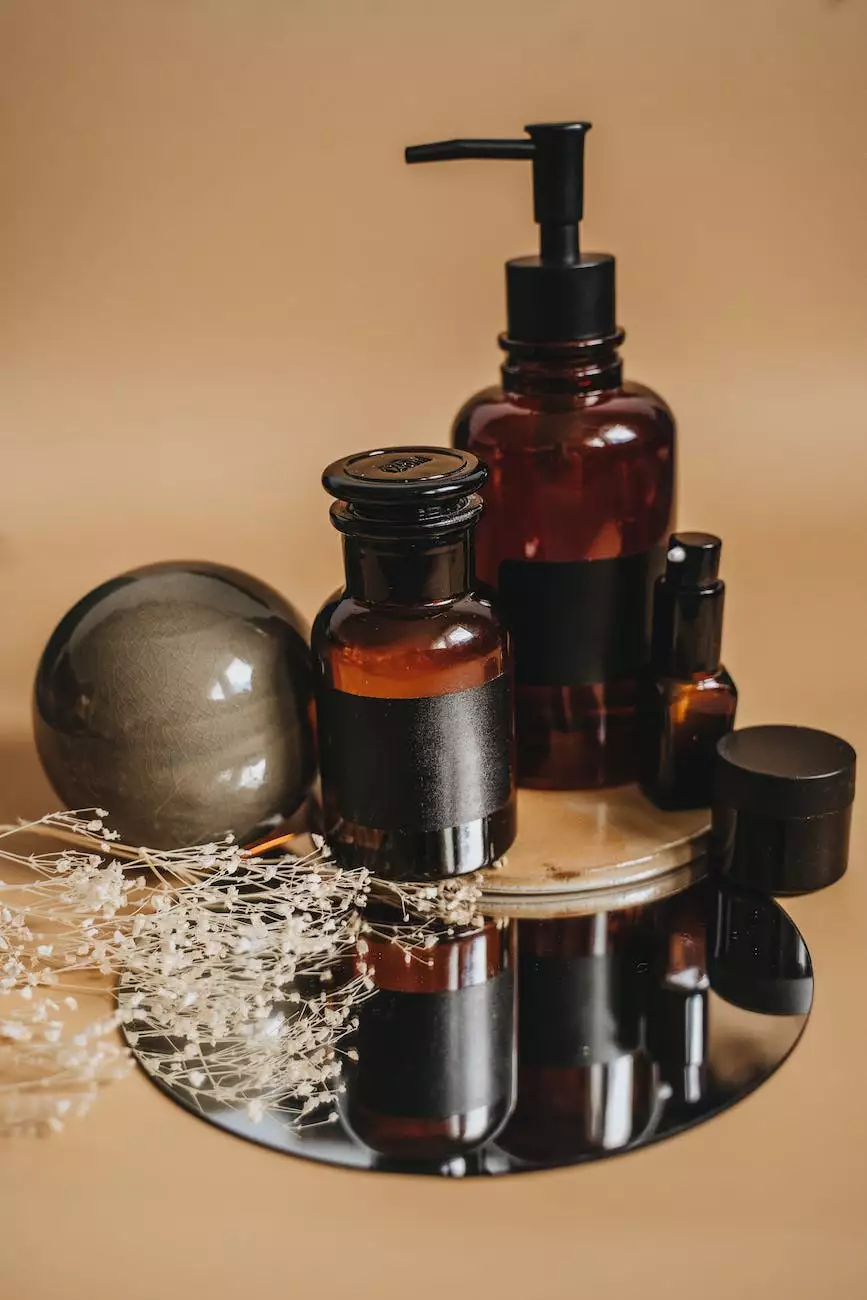Quartzite Countertops vs. Quartz Surfaces - The Ultimate Comparison
Countertops
Introduction
Welcome to GraniteCO's ultimate guide on quartzite countertops and quartz surfaces. In this comprehensive comparison, we will unveil the differences, pros, and cons of both options. Whether you are planning a home renovation or building a new home, choosing the right material for your kitchen countertops is crucial for both functionality and aesthetics.
What is Quartzite?
Quartzite is a natural stone that is formed from sandstone under intense heat and pressure. This metamorphic rock is known for its beautiful patterns, durability, and natural shimmer. Quartzite countertops have gained immense popularity in recent years due to their unique appearance and strength.
Benefits of Quartzite Countertops
- Durability: Quartzite is one of the hardest natural stones, making it highly resistant to scratches, chips, and heat.
- Natural Beauty: The natural patterns and colors of quartzite create a stunning visual appeal, making it a focal point in any kitchen.
- Resistance to Stains: Quartzite is naturally non-porous, meaning it is more resistant to staining compared to other countertop materials.
- Low Maintenance: With proper sealing and routine cleaning, quartzite countertops are easy to maintain and keep looking brand new.
- Longevity: When properly cared for, quartzite countertops can last for decades, making them a worthwhile investment for homeowners.
What are Quartz Surfaces?
On the other hand, quartz surfaces, also known as engineered quartz or quartz countertops, are man-made materials composed of 90-95% crushed quartz and 5-10% resin binders. This composition offers a range of advantages and customization options for homeowners.
Benefits of Quartz Surfaces
- Wide Range of Colors and Patterns: Quartz surfaces come in a vast array of colors and patterns, allowing homeowners to find the perfect match for their kitchen design.
- Uniform Appearance: Unlike natural stones, quartz surfaces have a consistent look throughout the entire slab, providing a seamless and uniform appearance.
- Non-Porous: Thanks to the resin binders, quartz surfaces are non-porous, making them highly resistant to stains, bacteria, and mold.
- Scratch and Heat Resistance: Quartz surfaces offer excellent scratch and heat resistance, ensuring their longevity even in high-traffic kitchens.
- Easy Maintenance: Similar to quartzite, quartz surfaces require minimal maintenance and are easy to clean with mild soap and water.
Choosing the Right Material
When deciding between quartzite countertops and quartz surfaces, it ultimately depends on your personal preferences, budget, and specific needs for your kitchen space. Here are a few key factors to consider:
Budget
Quartzite: Quartzite countertops tend to be more expensive than quartz surfaces due to their natural origin and unique characteristics. However, the investment can add significant value to your home.
Quartz Surfaces: Engineered quartz surfaces offer a wider price range, making them more budget-friendly for those looking for cost-effective options.
Aesthetics
Quartzite: If you desire the natural beauty and captivating patterns of real stone, quartzite countertops are an excellent choice. Each slab is unique, providing a one-of-a-kind look to your kitchen.
Quartz Surfaces: With an extensive range of colors and patterns, quartz surfaces offer endless design possibilities. The uniform appearance makes it easier to match with different kitchen styles.
Durability
Quartzite: Known for its remarkable hardness, quartzite is highly resistant to scratches, chips, and heat. It is an ideal choice for busy kitchens that require long-lasting durability.
Quartz Surfaces: Engineered quartz is also highly durable and can withstand daily wear and tear. However, it is important to note that extreme heat and sharp objects can still cause damage.
Maintenance
Quartzite: Although quartzite is naturally stain-resistant, it requires periodic sealing to maintain its non-porous properties and prevent any potential staining. Routine cleaning is typically sufficient to keep it looking pristine.
Quartz Surfaces: With its non-porous surface, quartz requires no sealing and is highly resistant to stains and bacterial growth. Regular wipe-downs with mild soap and water are usually all that is needed to keep it in top condition.
In Conclusion
Both quartzite countertops and quartz surfaces have their unique advantages and draw. Consider your budget, desired aesthetics, durability, and maintenance requirements before making your final decision. Contact GraniteCO for professional advice and a wide selection of high-quality quartzite and quartz surfaces. Upgrade your kitchen with the perfect countertops that reflect your style and withstand the test of time.










